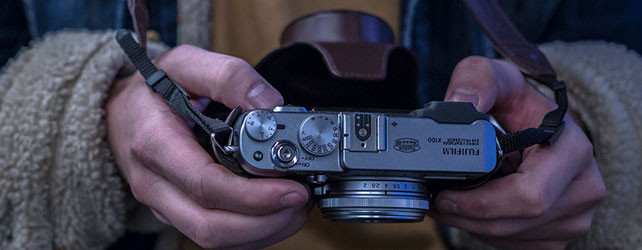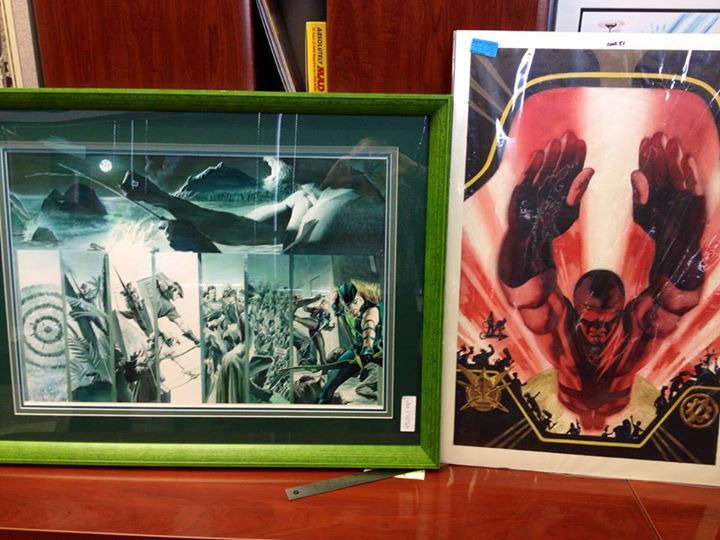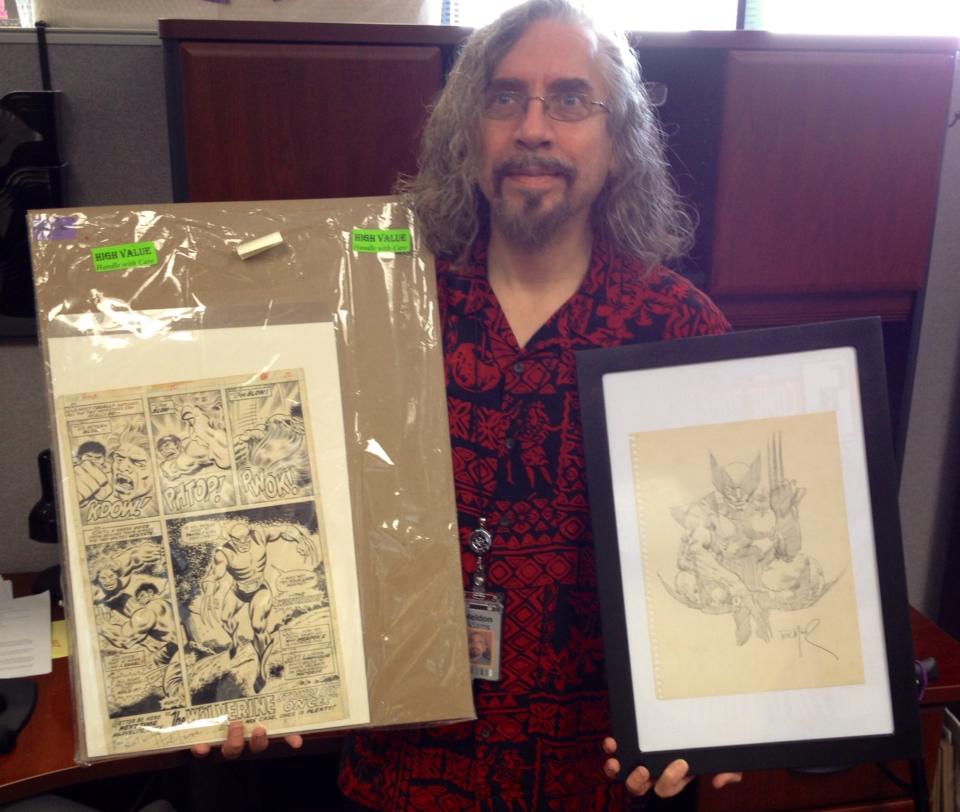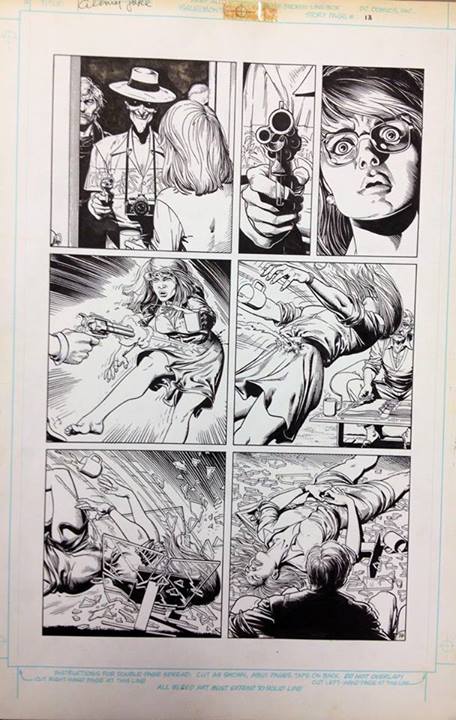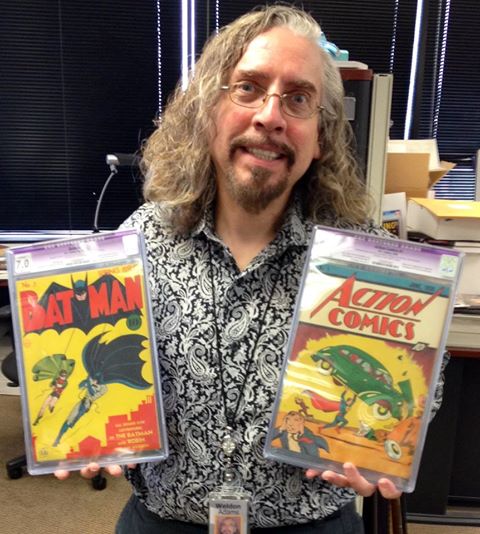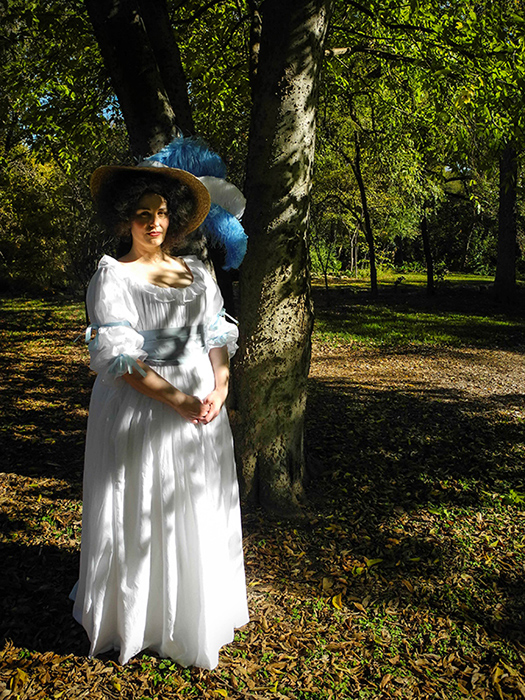I usually don’t ask the people who follow the things I do online to do things for me. I feel that content is a gift, and if I’m creating it in the hope that it will ultimately benefit me — at the very least — I should be honest enough to say, “I’m only doing this for myself/I’m doing this mostly for myself.”
It’s been my goal since starting The Juggling Writer, the Men in Gorilla Suits podcast, and my personal blog that I simply share thoughts and things that have worked for me in the hope some of that becomes something meaningful to somebody who reads it.
The feeling right now for readers may be, “Oh, Christopher is going to ask us to buy his e-books or listen to a podcast, but nope — I’m going to ask you to take the time (five minutes) to read one thing very deeply…and it’s not even something I wrote!
Graham Joyce
Graham Joyce wrote books and other things. And, like another writer who died this past year (Jay Lake), he wrote about cancer. Not the happiest thing to perhaps think about on the turning of a new year, but I can think of no better day to read one of the last things Jay Graham wrote than on the day we say goodbye to the year that’s gone and look forward to what’s ahead
.
Joyce’s final blog entry before dying was A Perfect Day and the Shocking Clarity of Cancer. Those last three very short paragraphs are beautiful. (Don’t rob yourself and just jump there, read them, and think, “Yeah, I guess that’s nice…” Read the entire piece slowly to see how it all comes together…because it’s at that point this piece matters most.)
I’ve seen a lot of people talking about how they’re glad this year is done and what they look forward to in 2015.
I think the best thing anyone reading this can do is carry the sentiment in the final words of this piece — of this author — into a new year…



